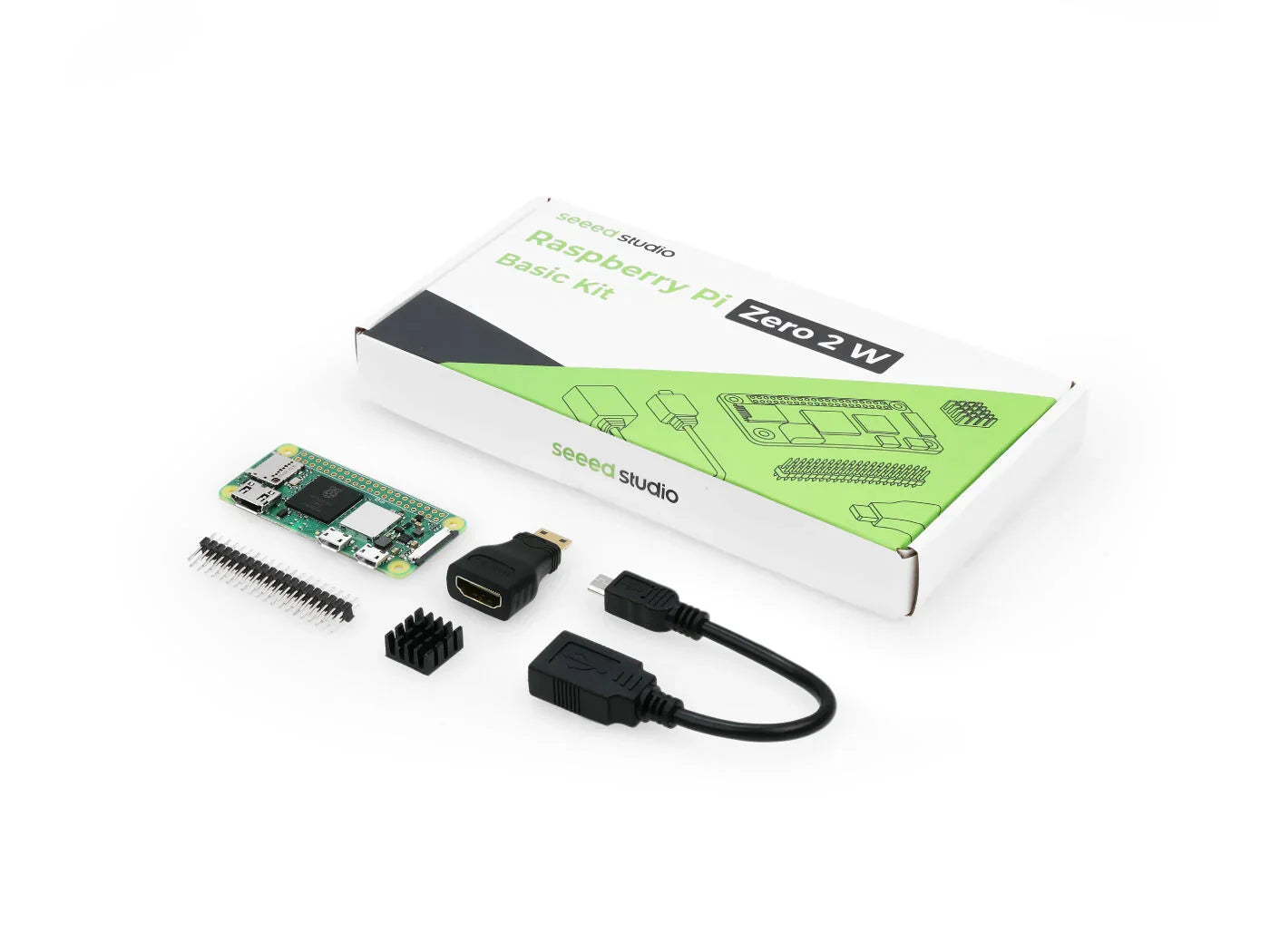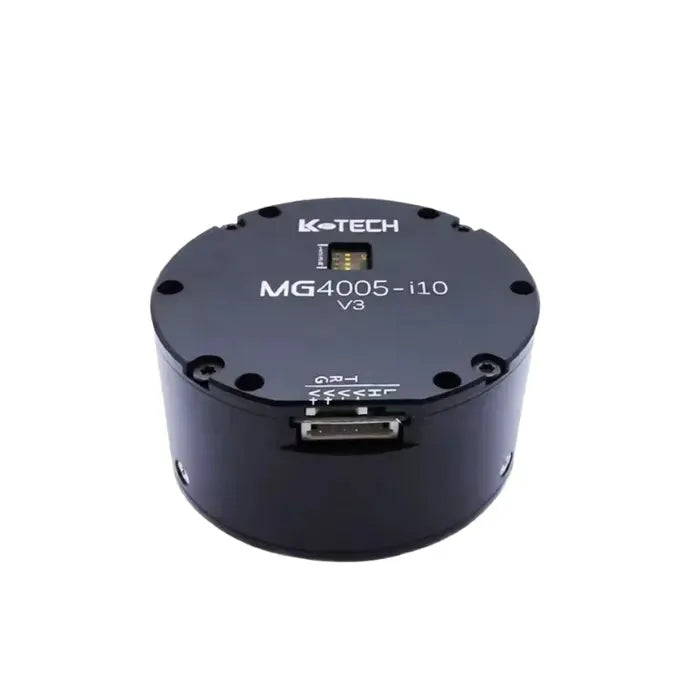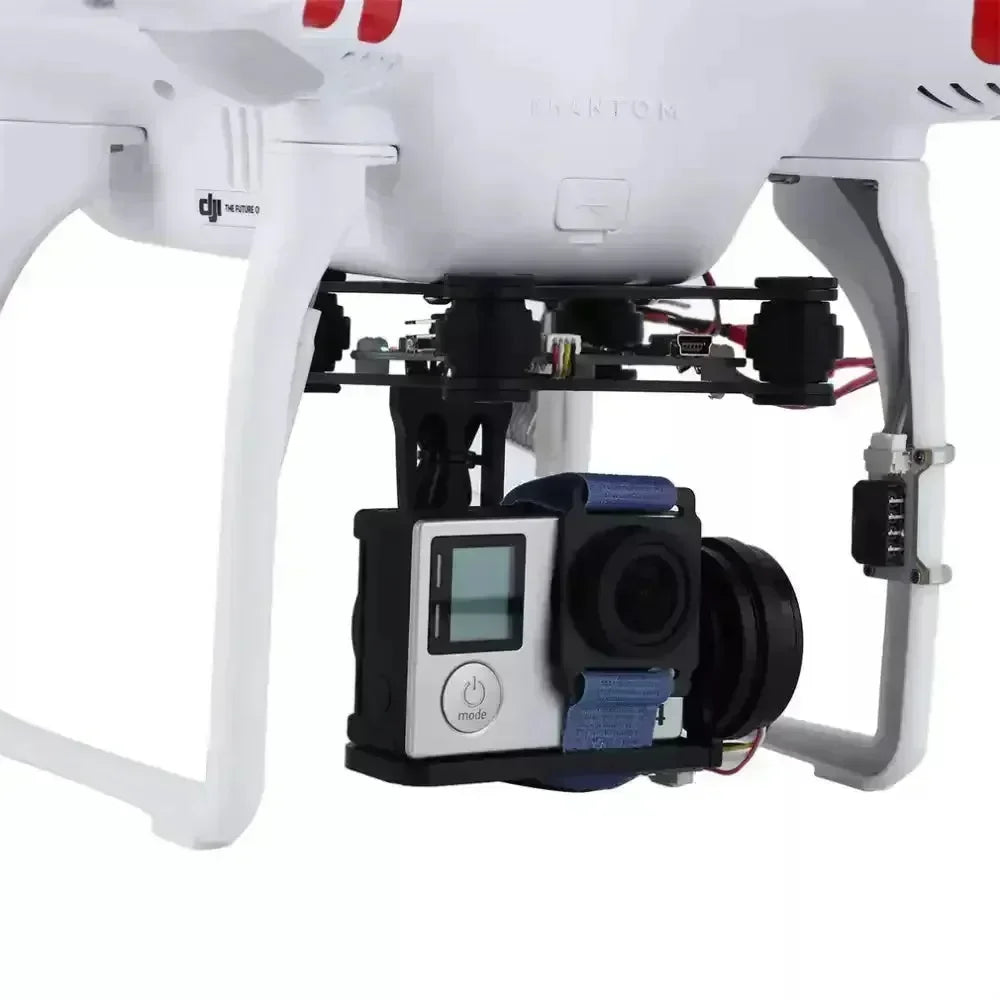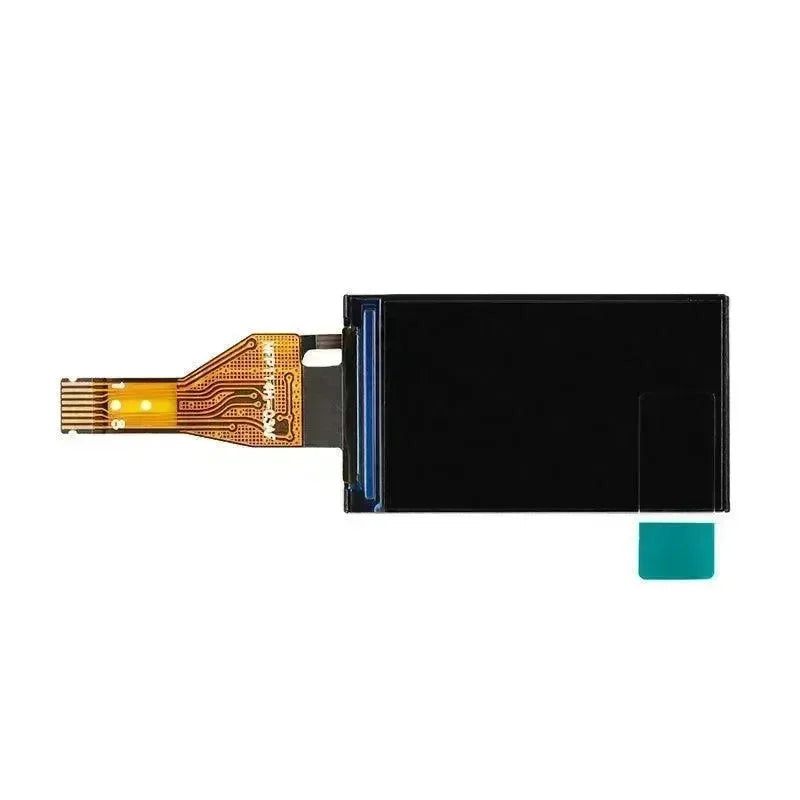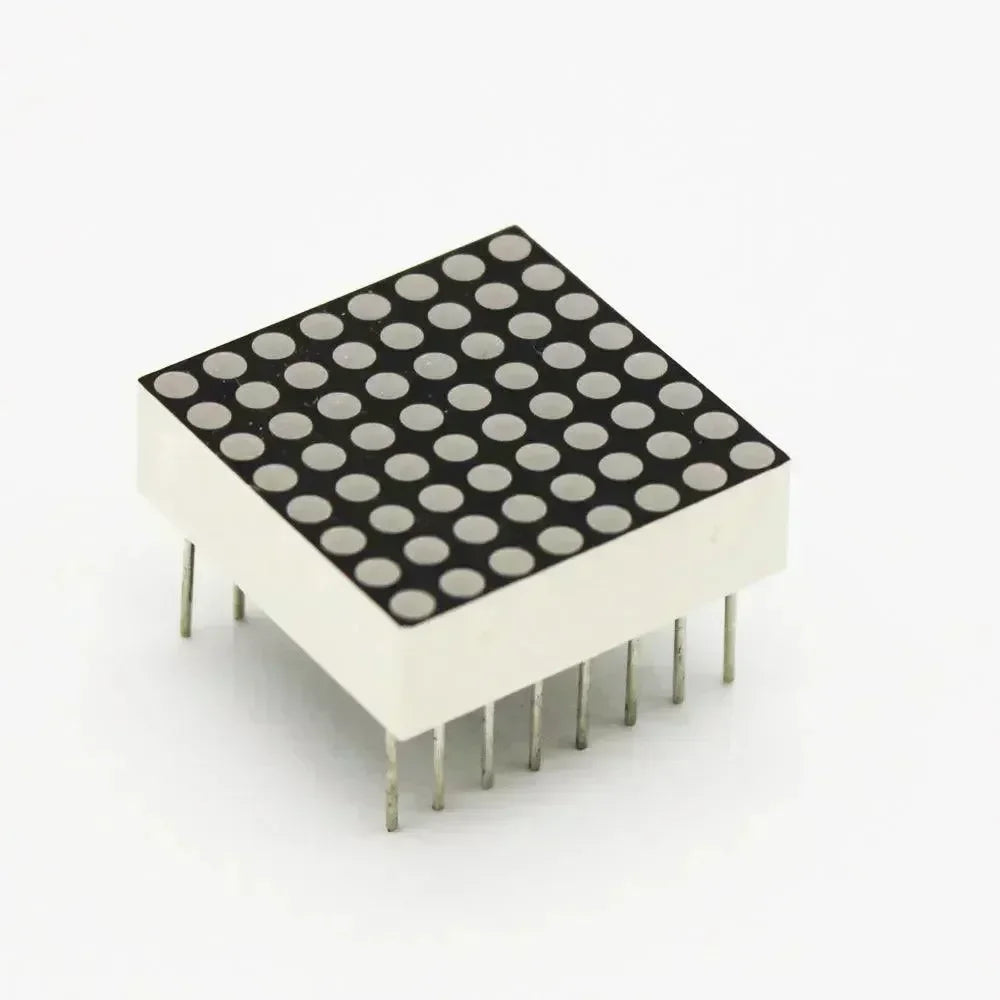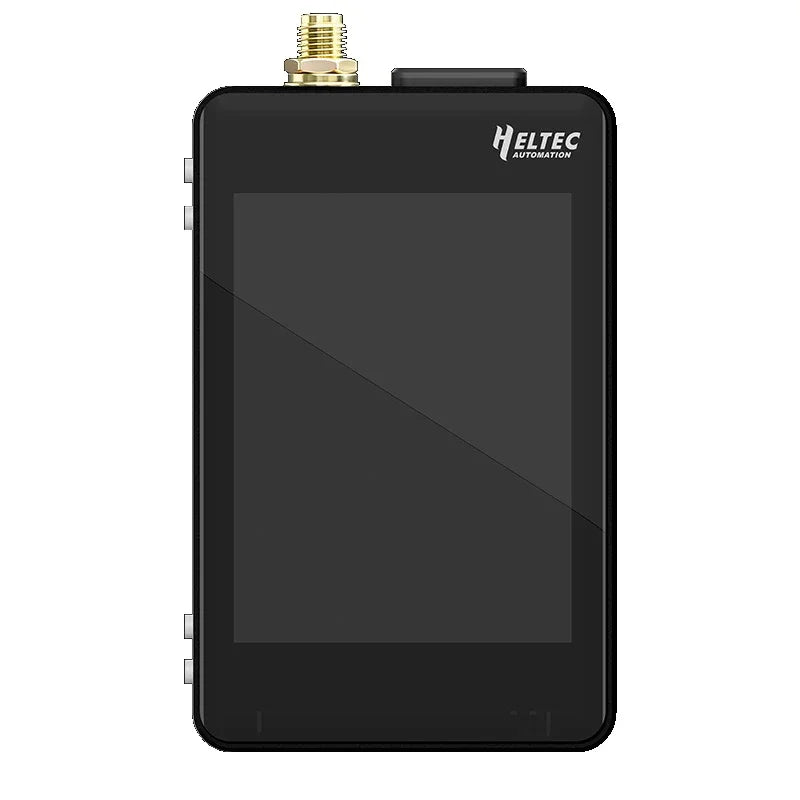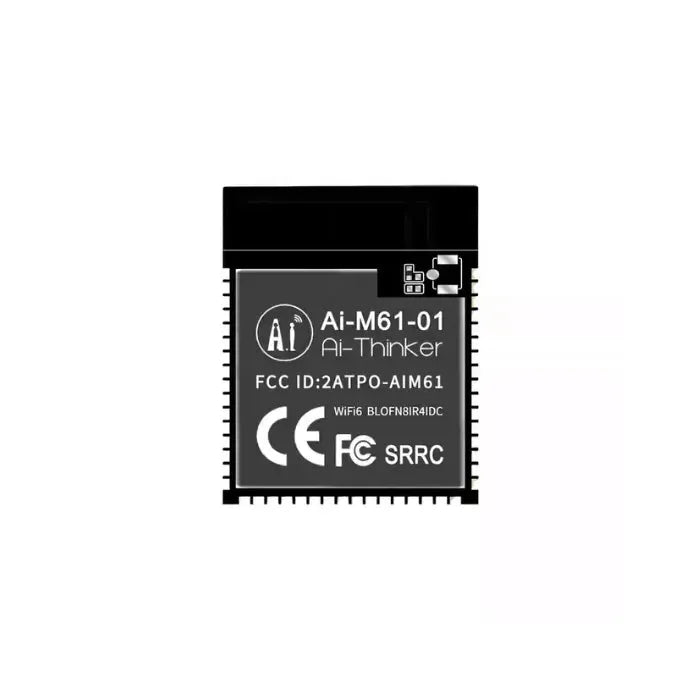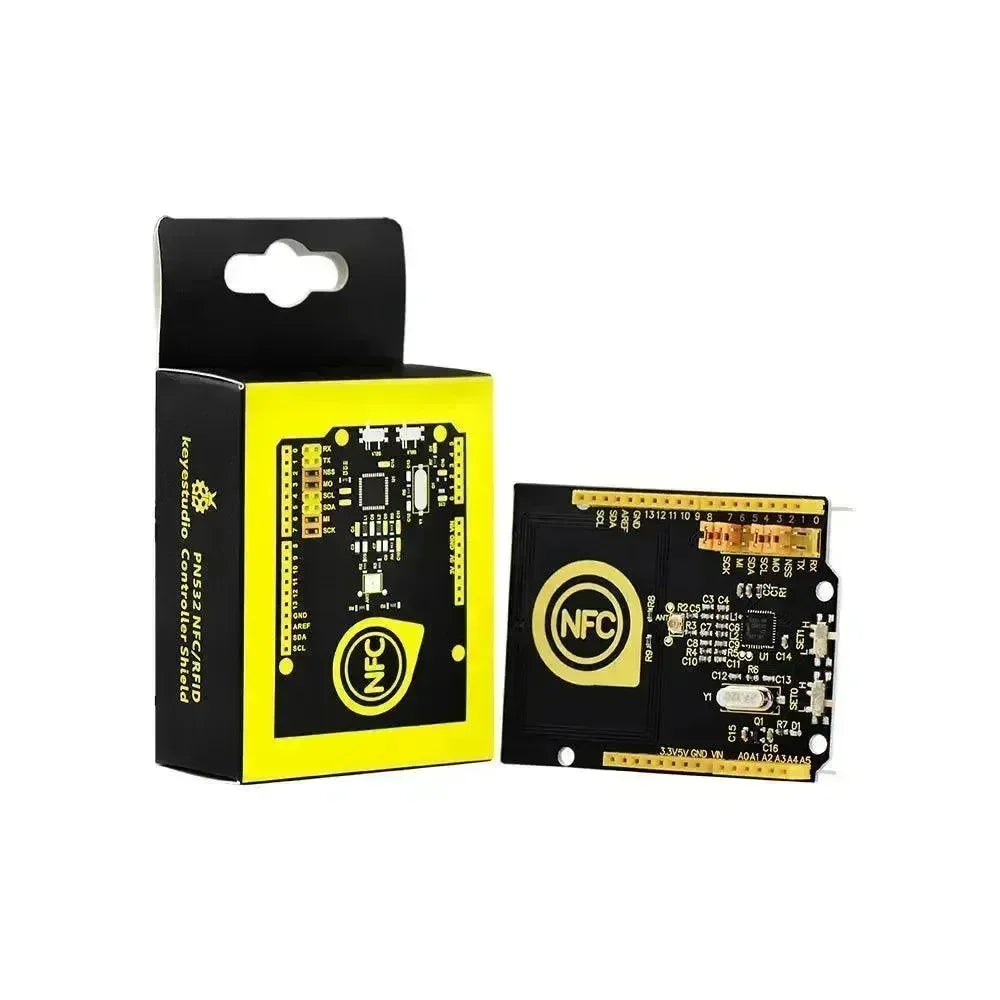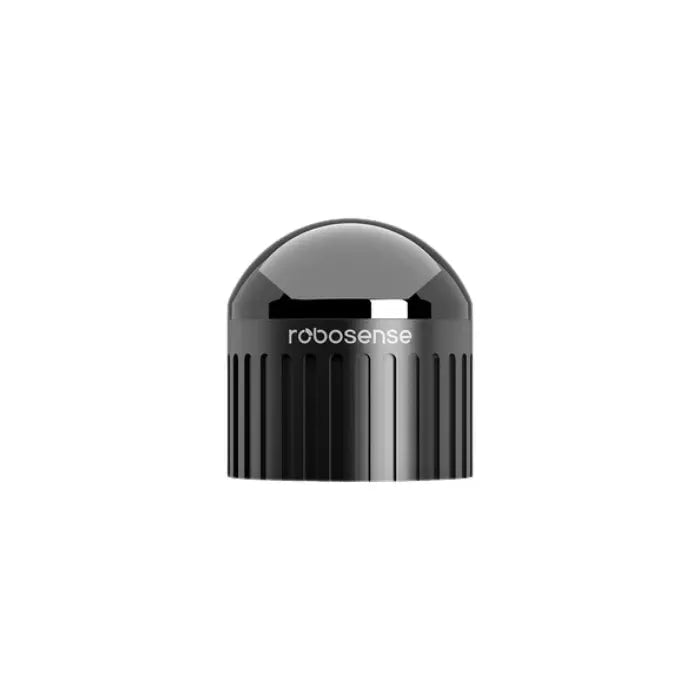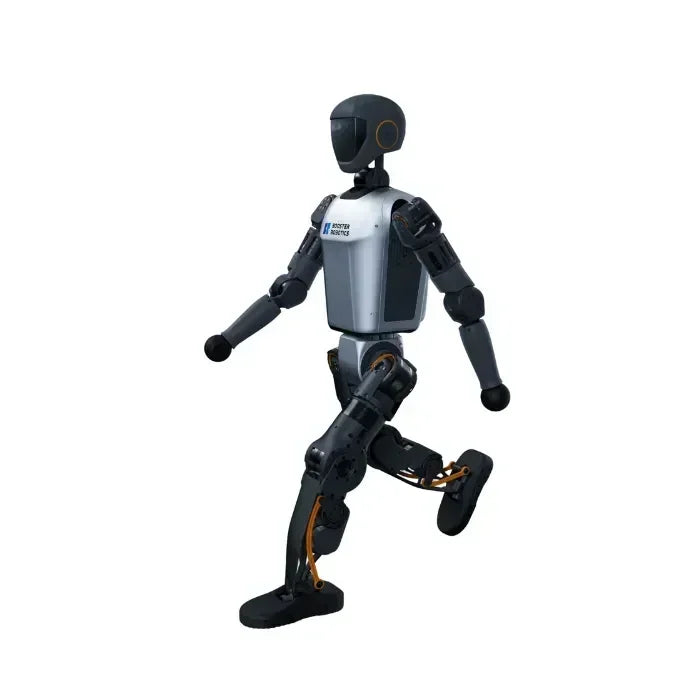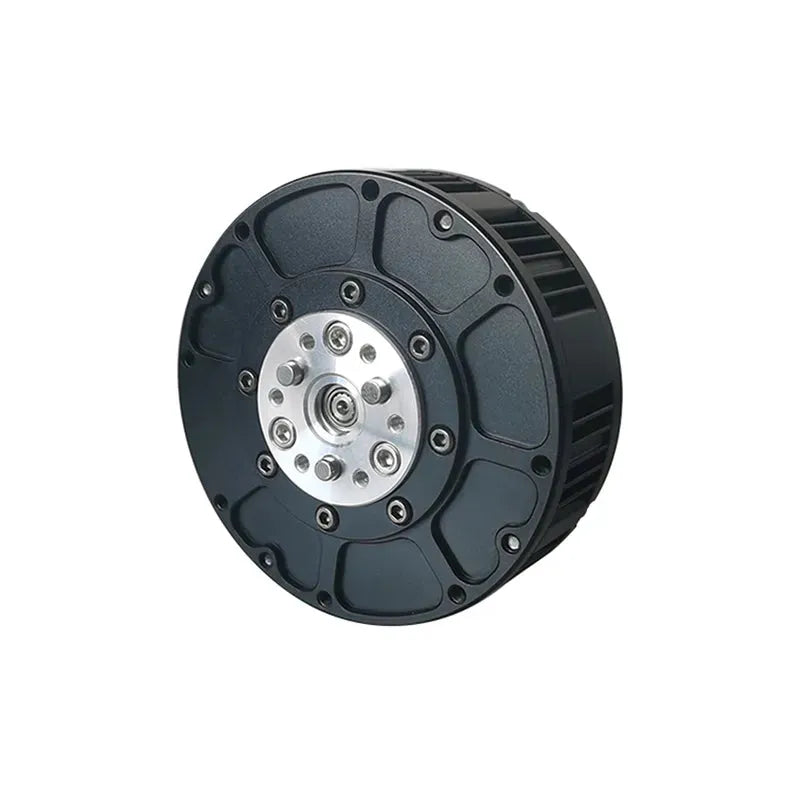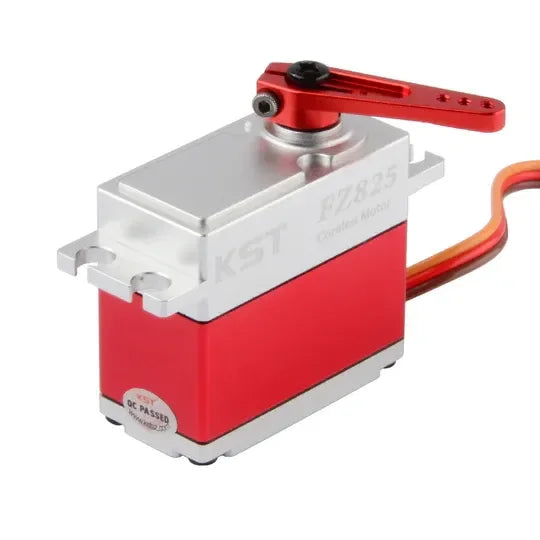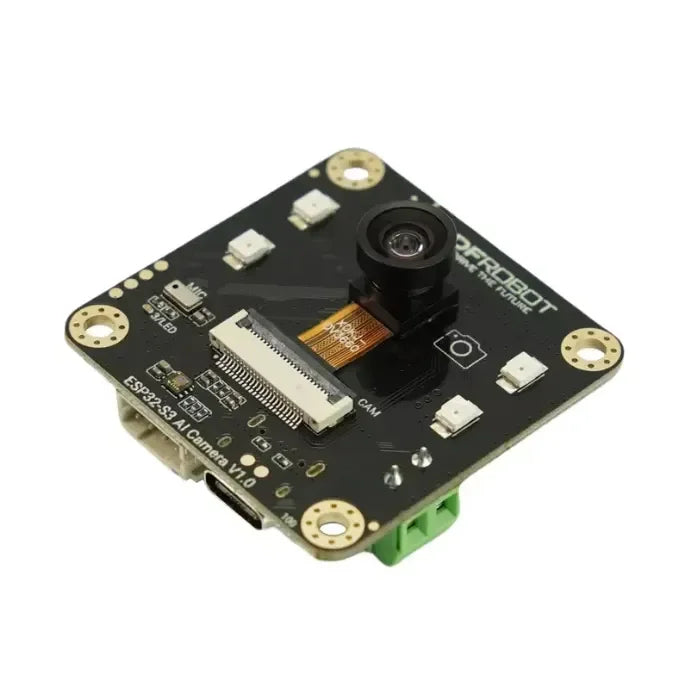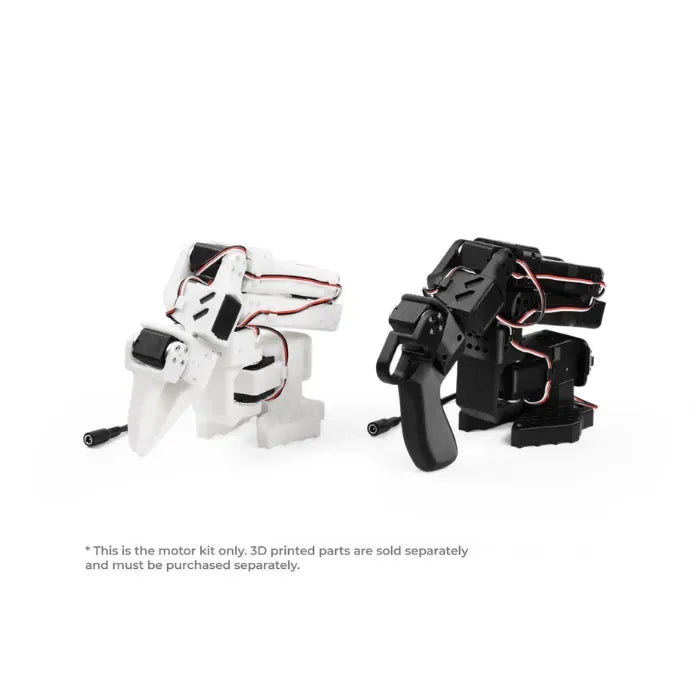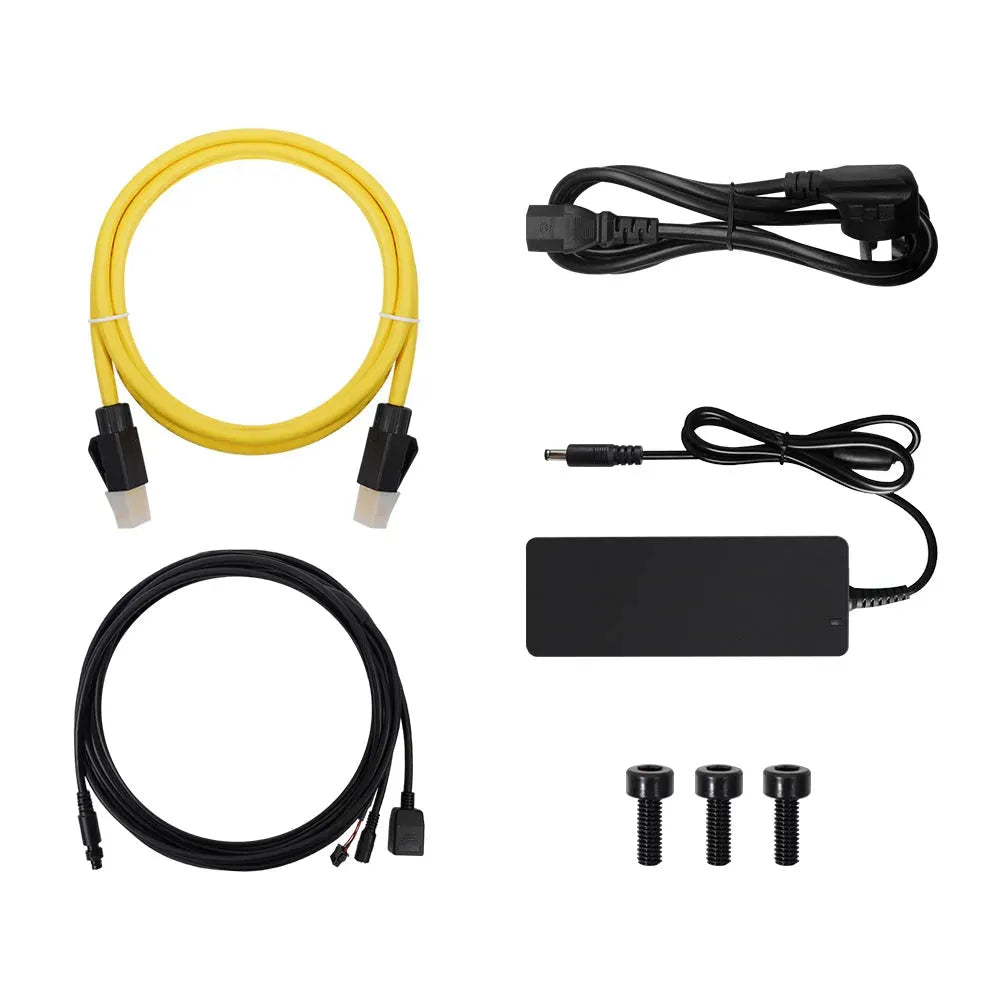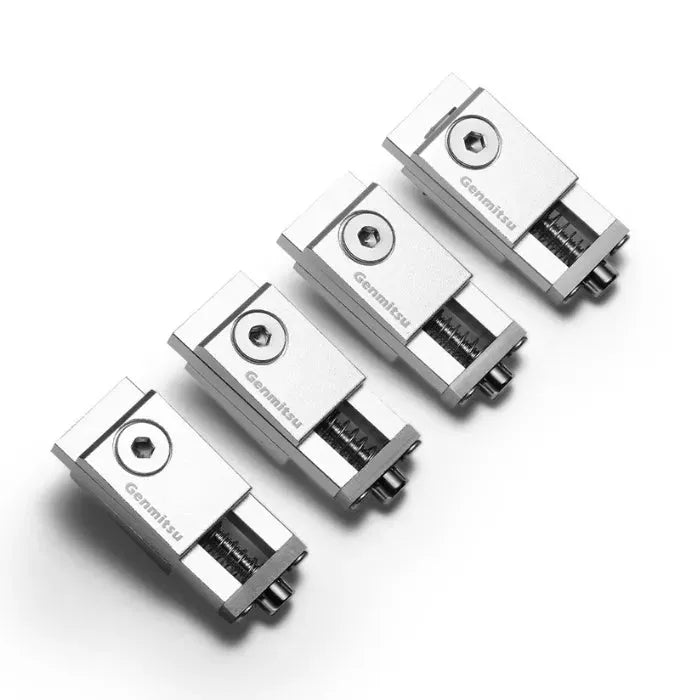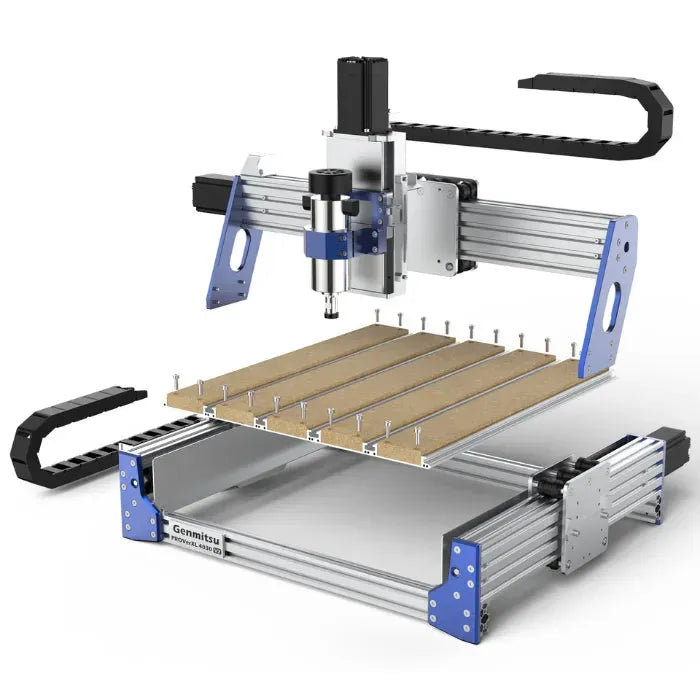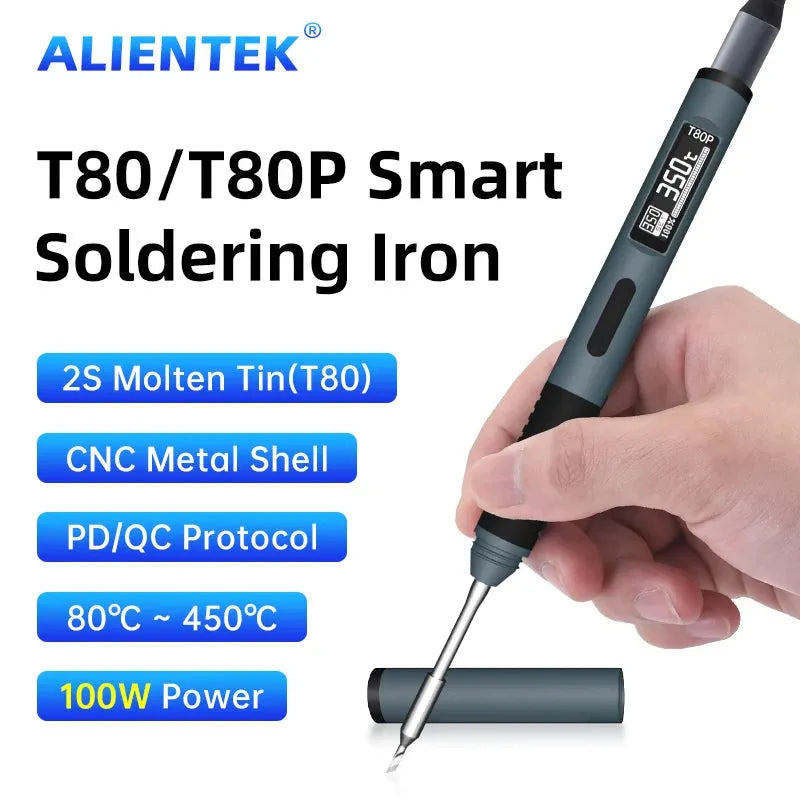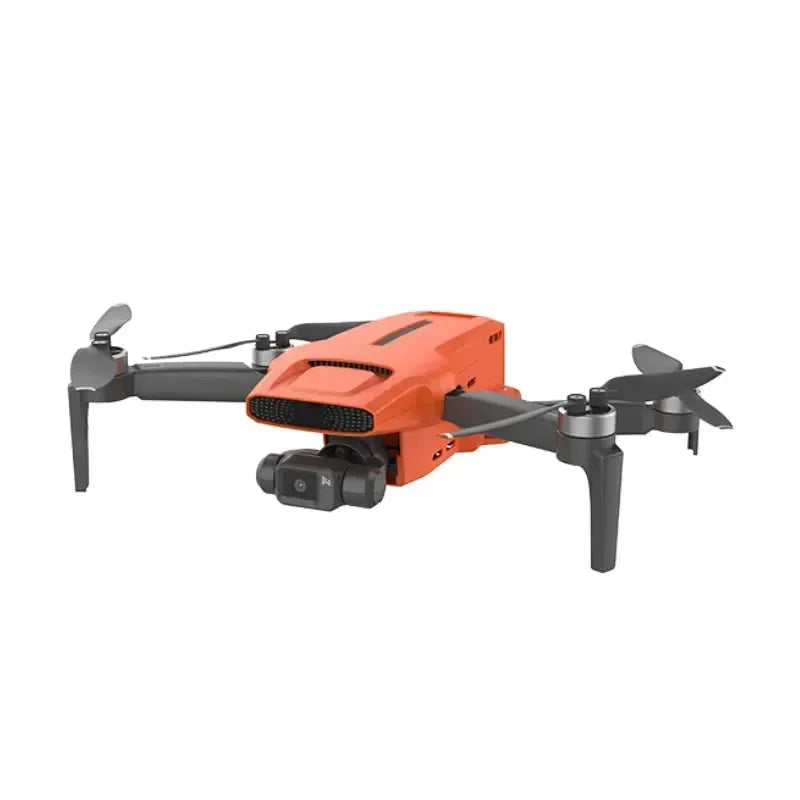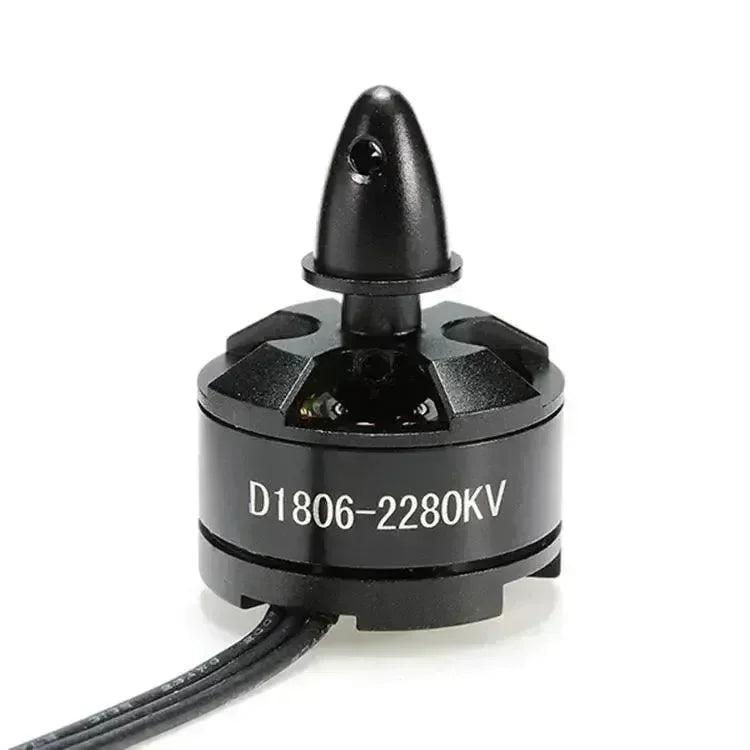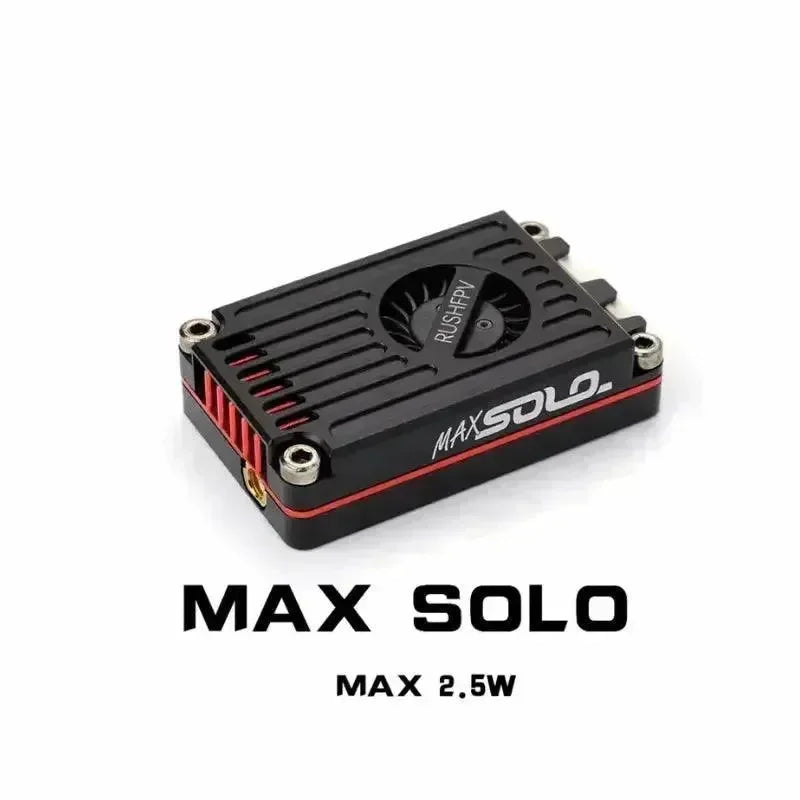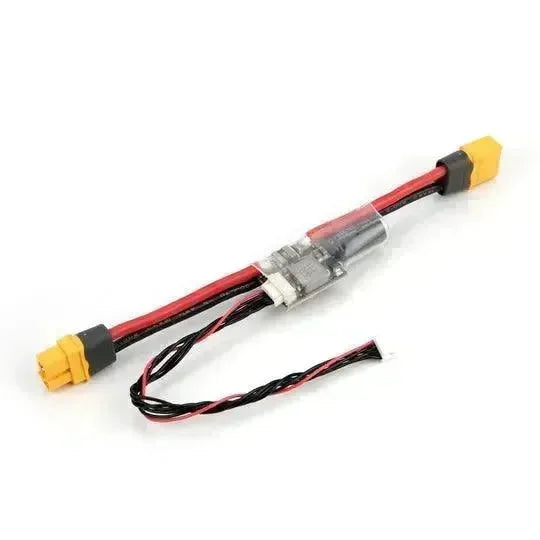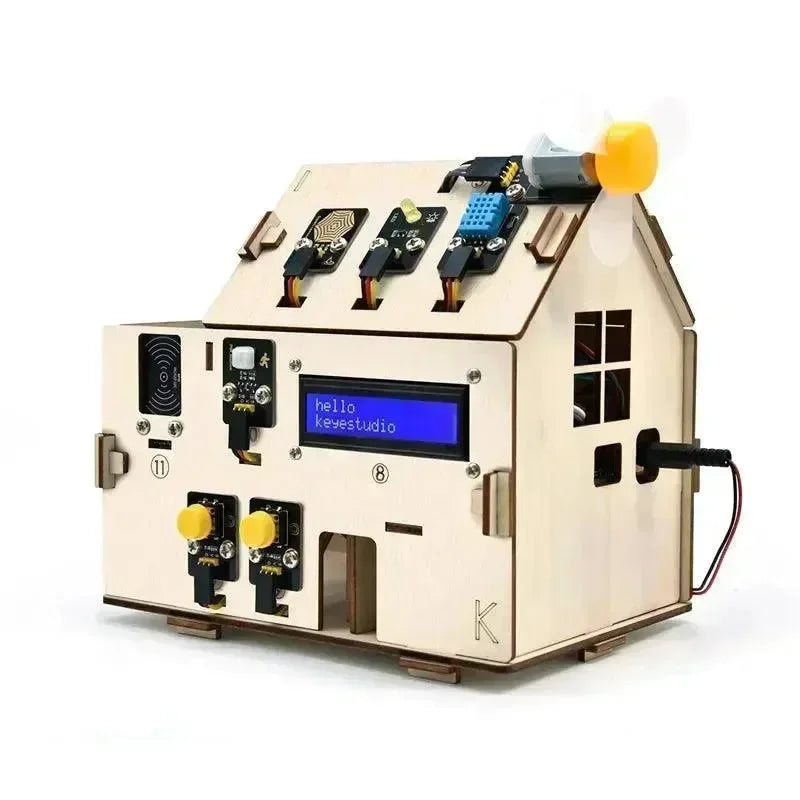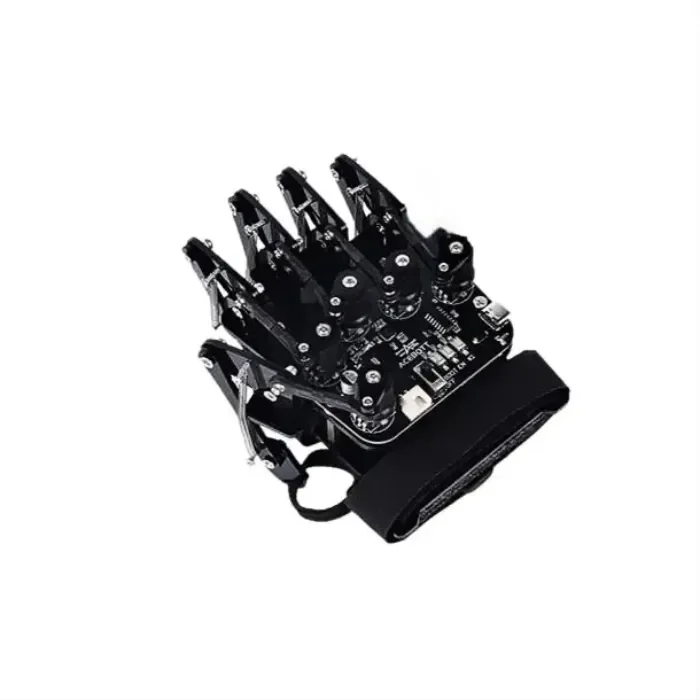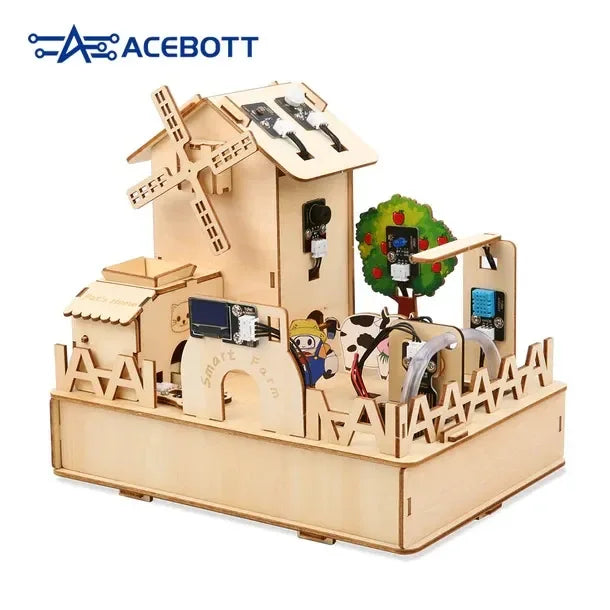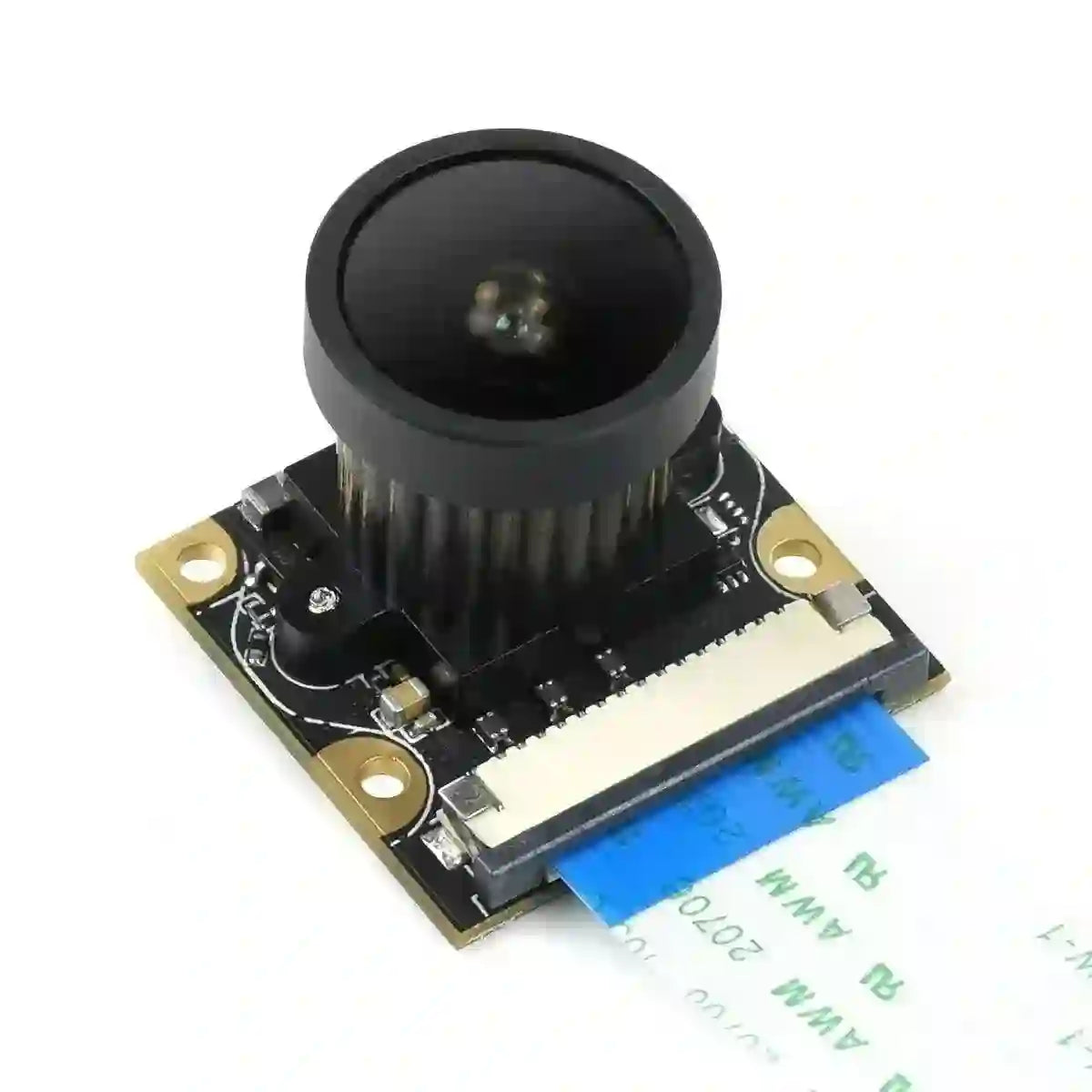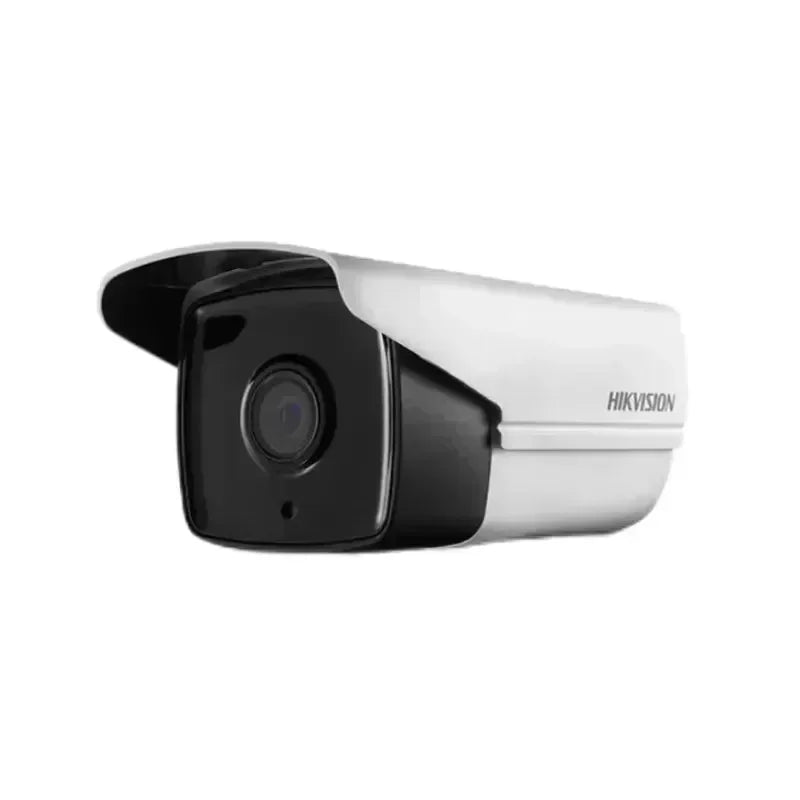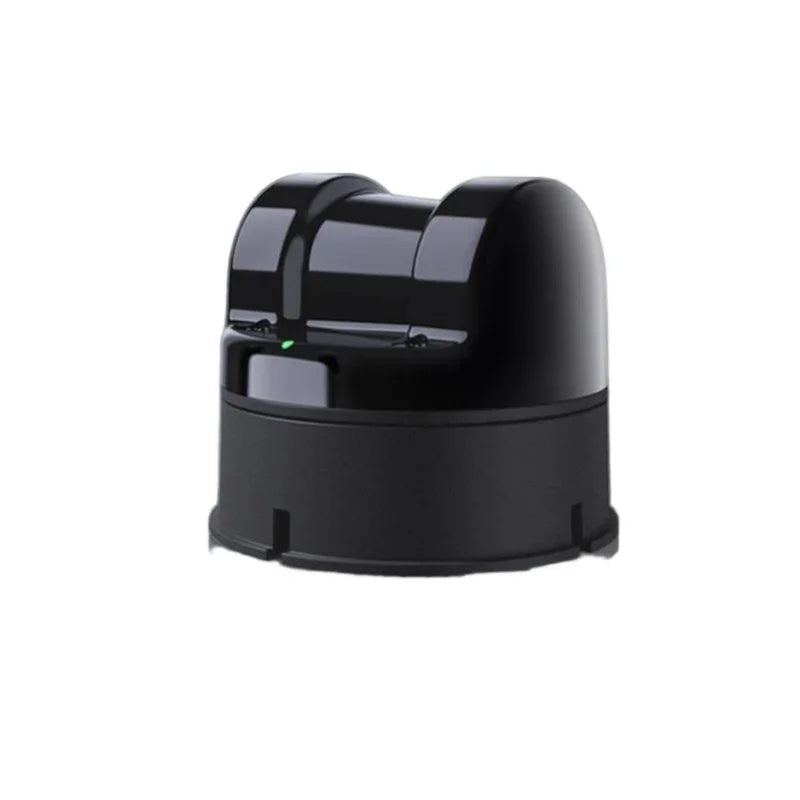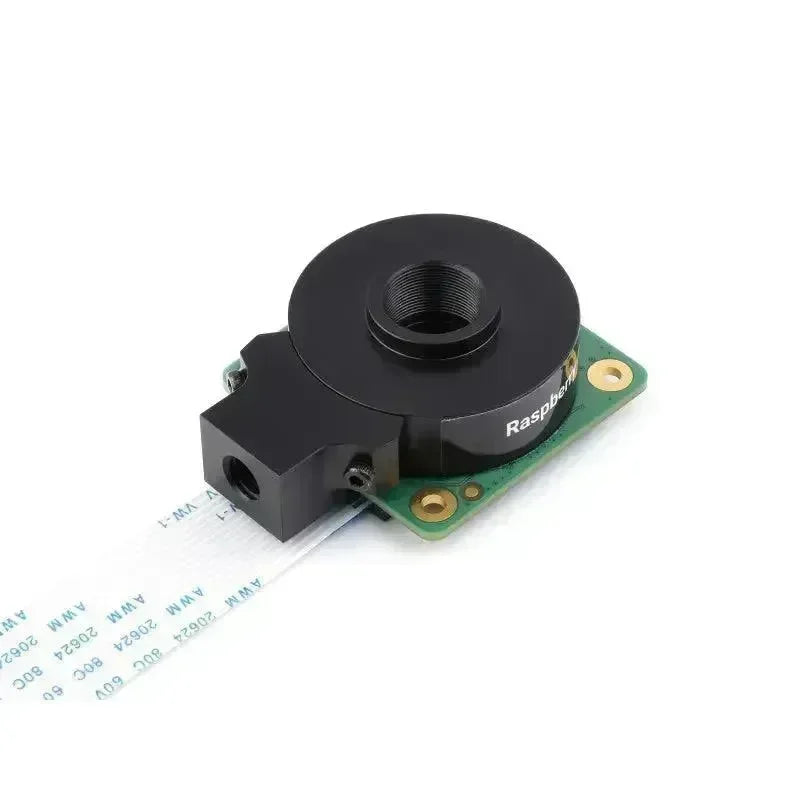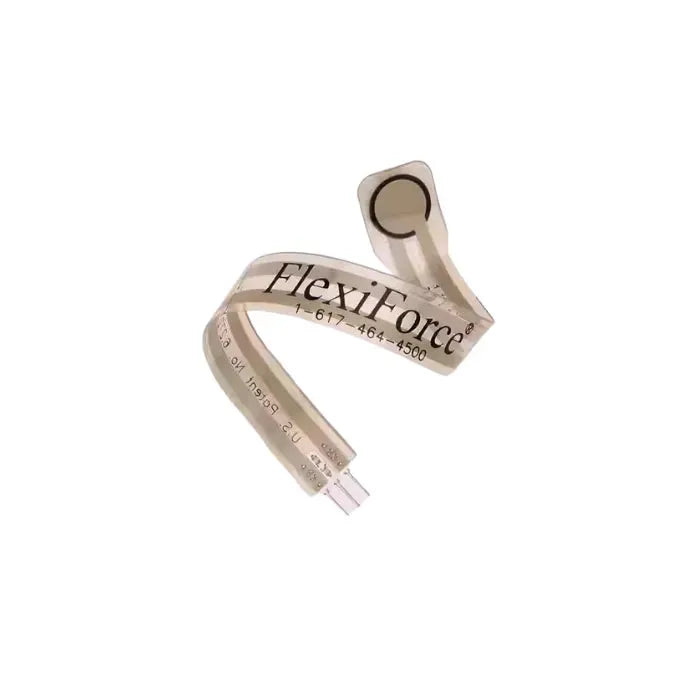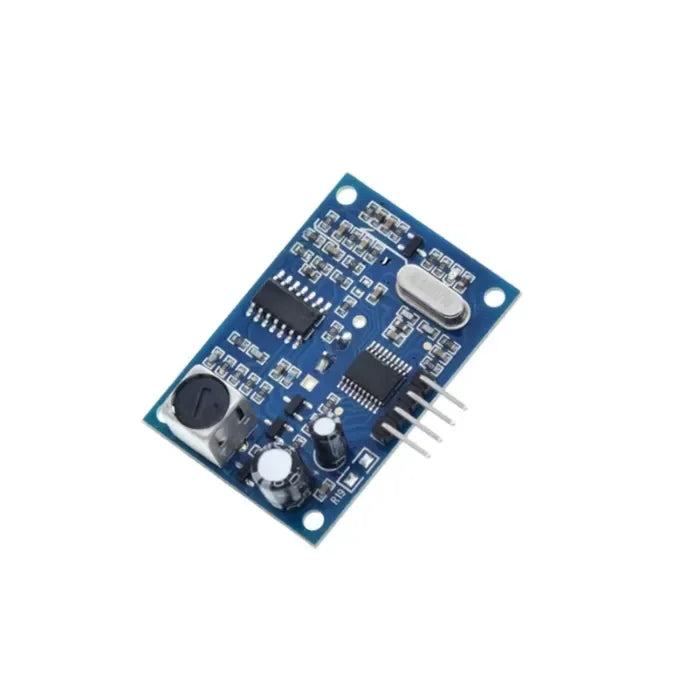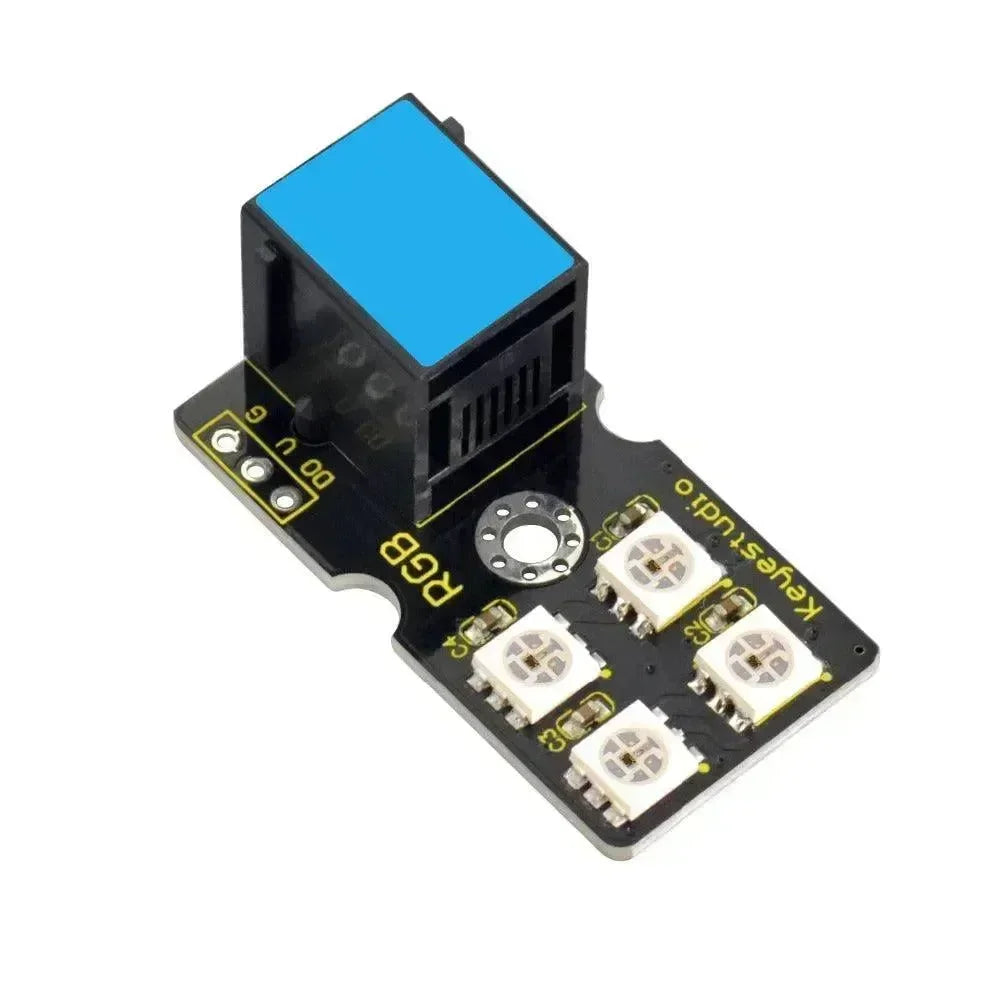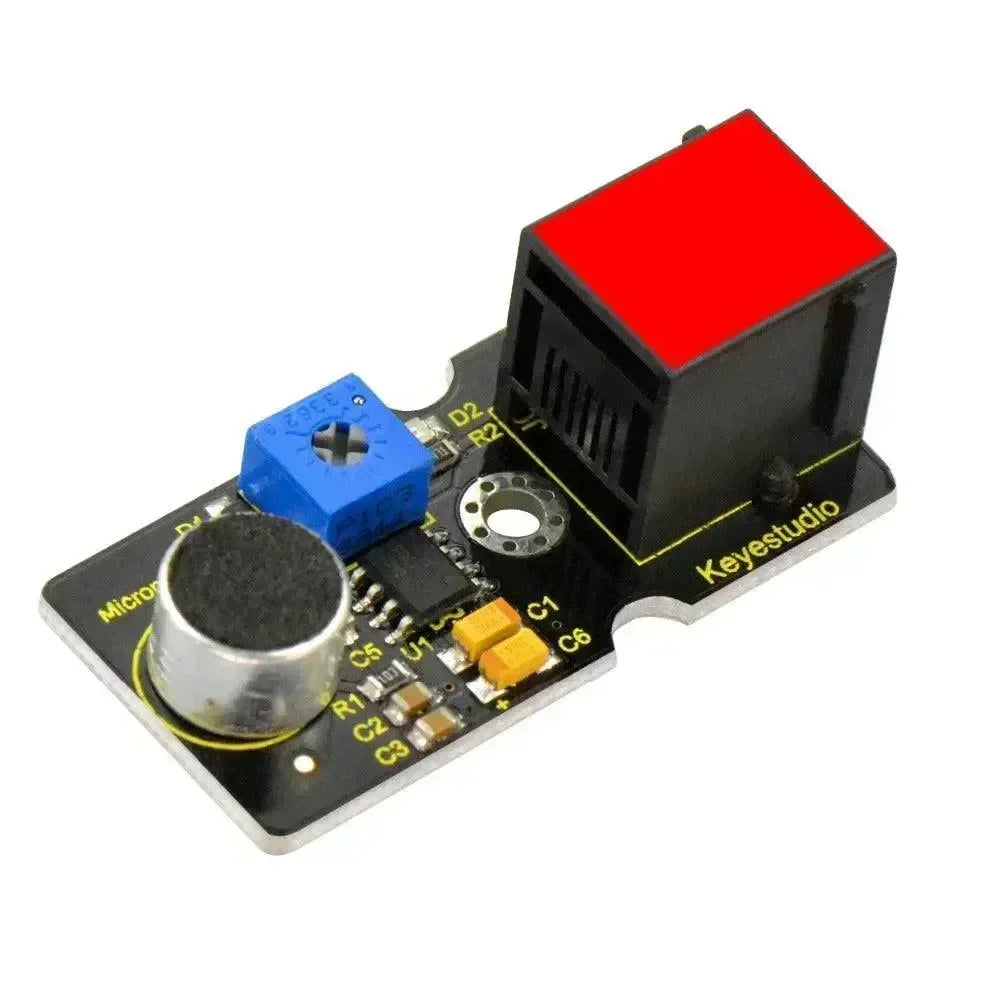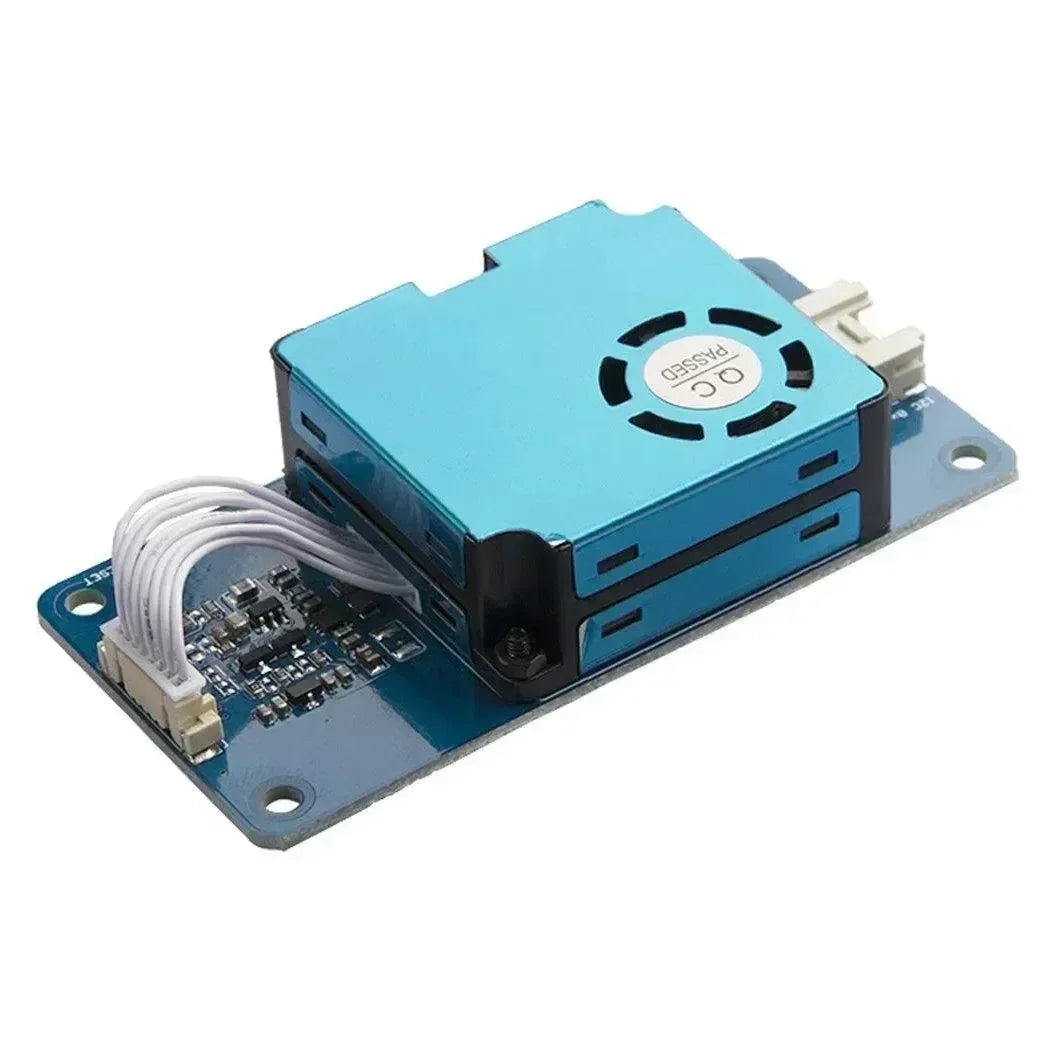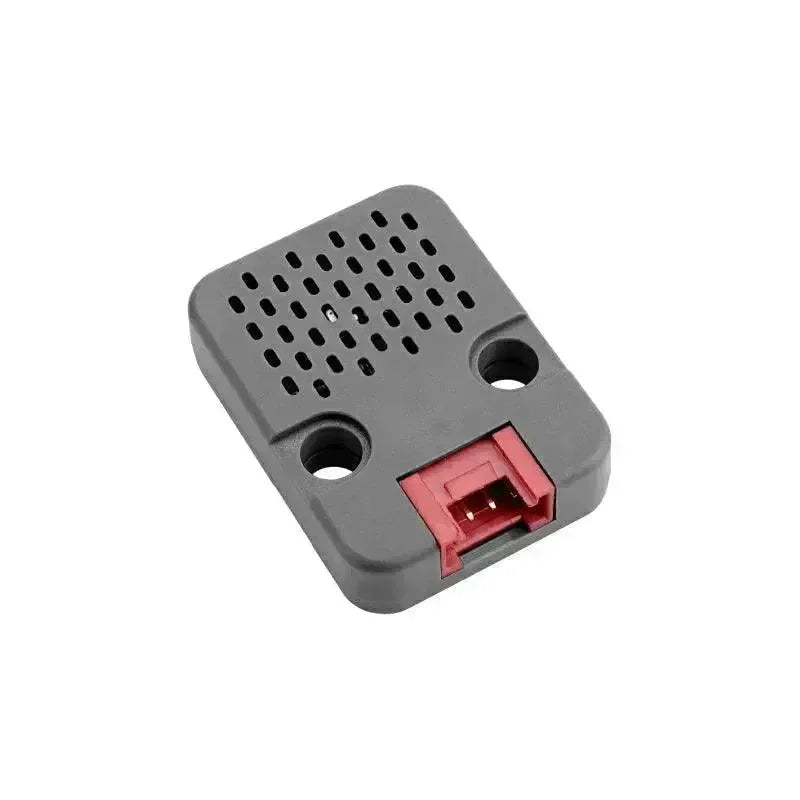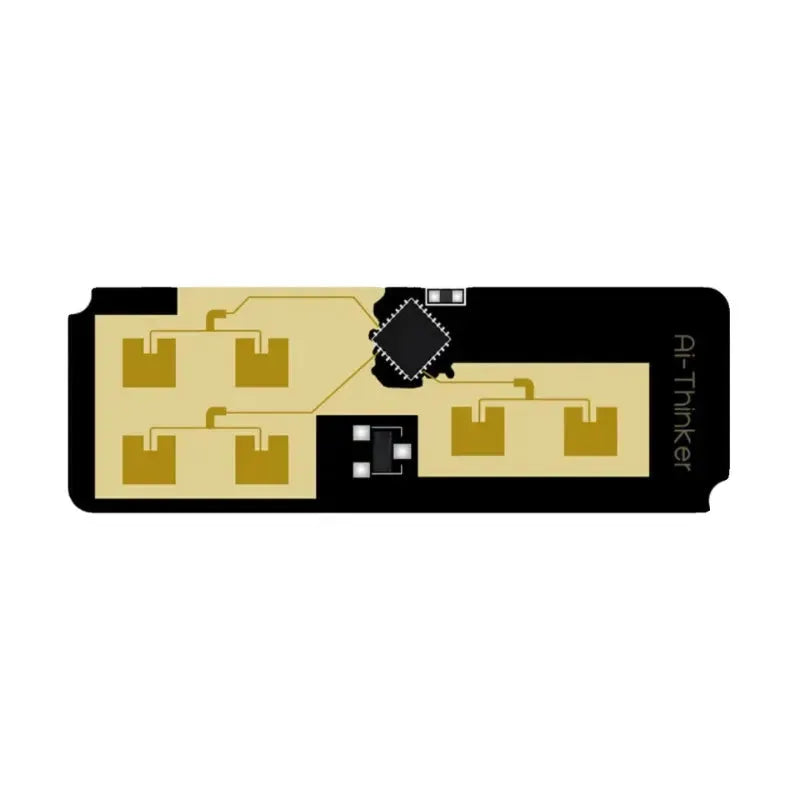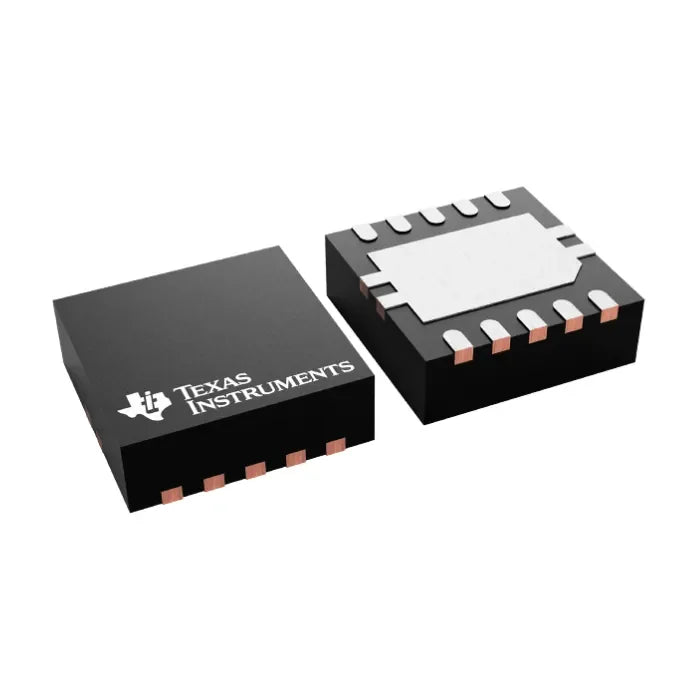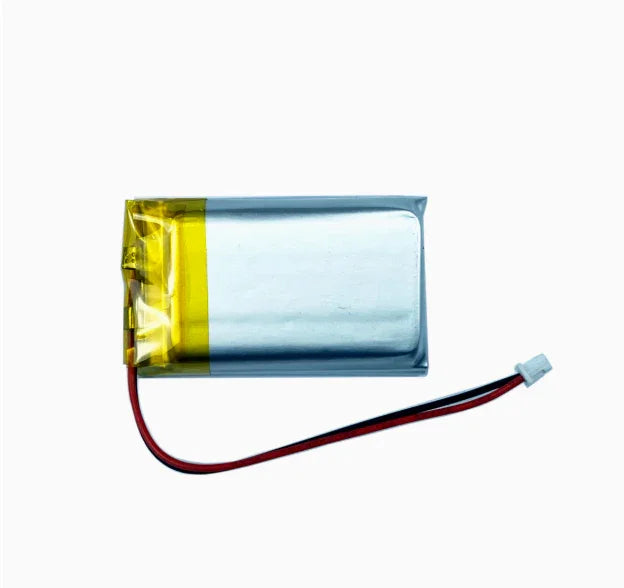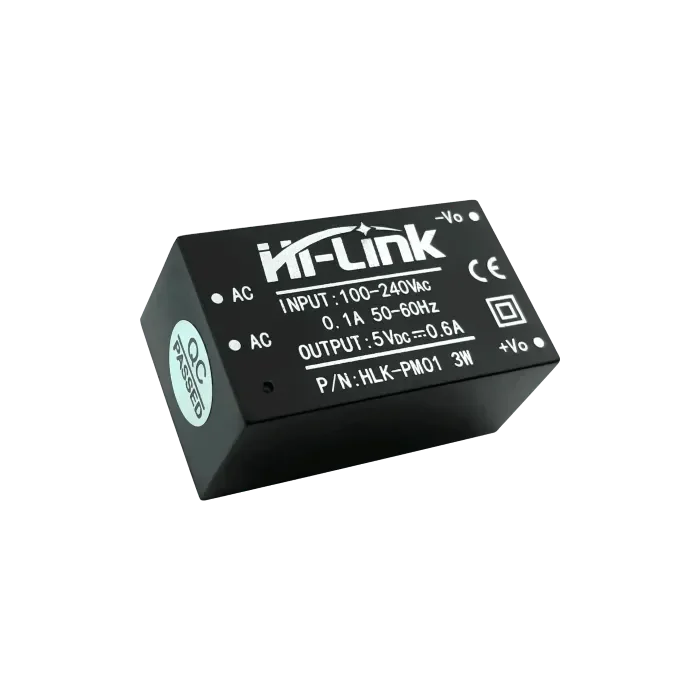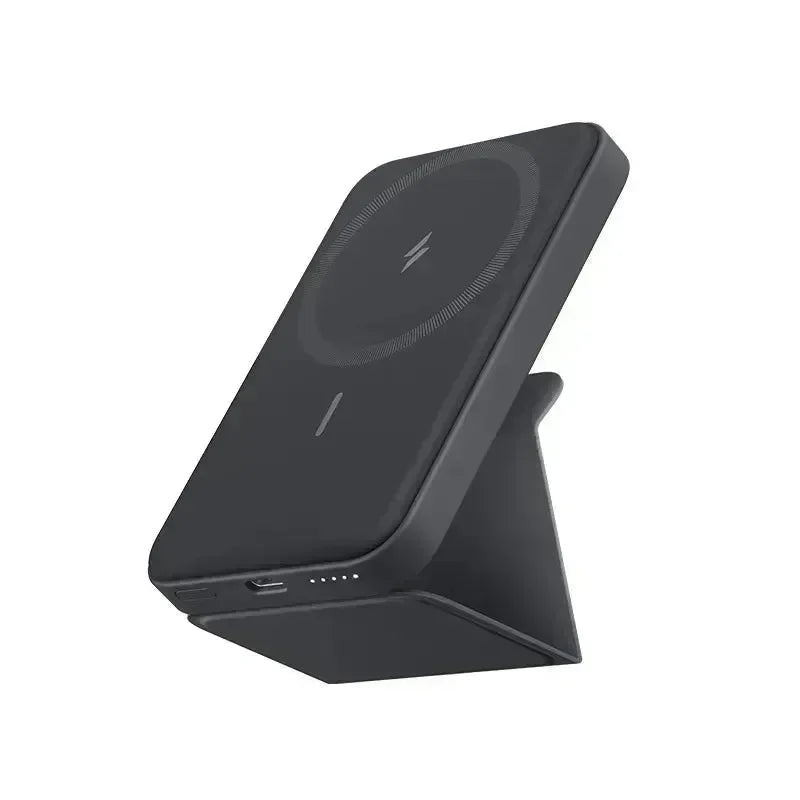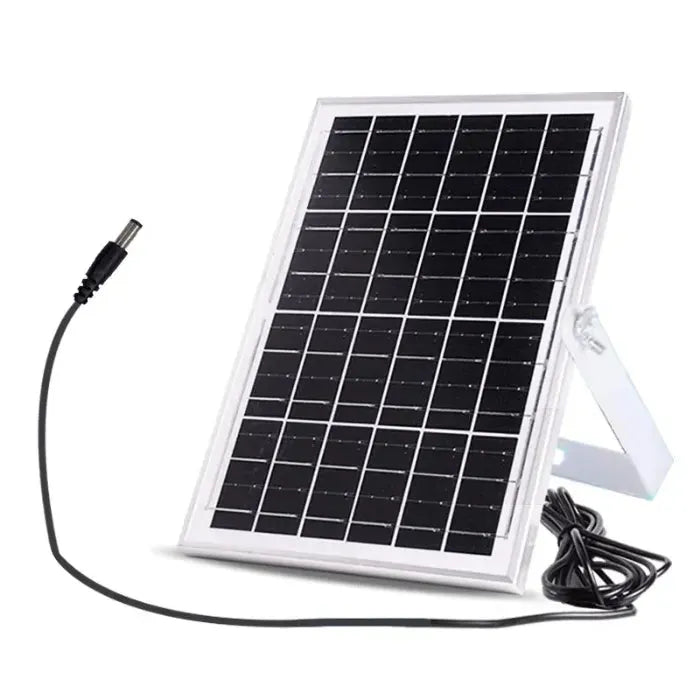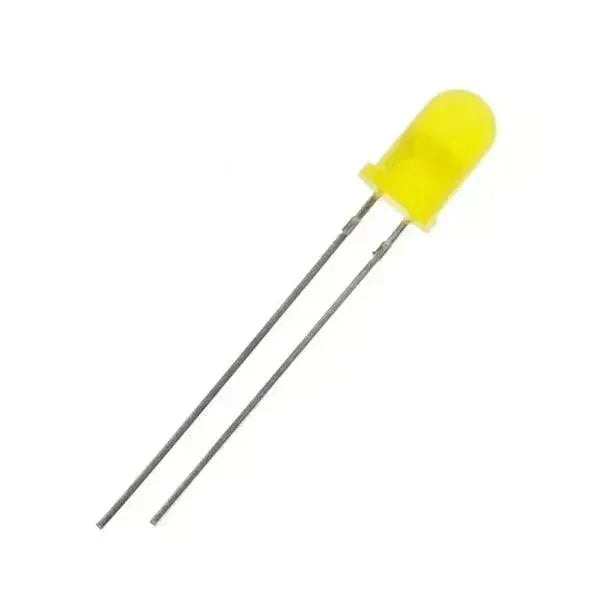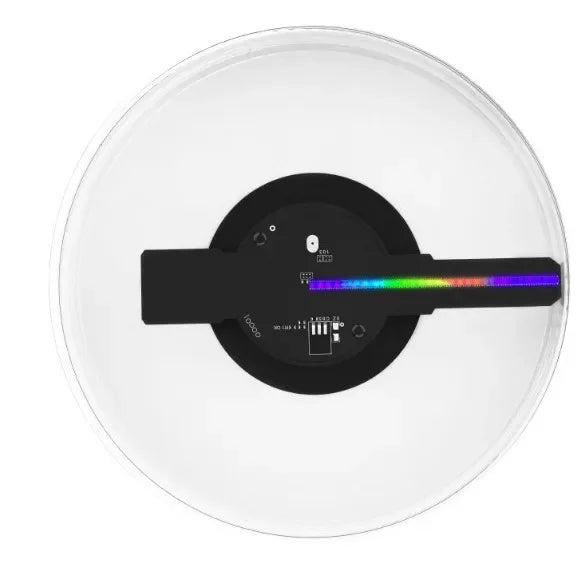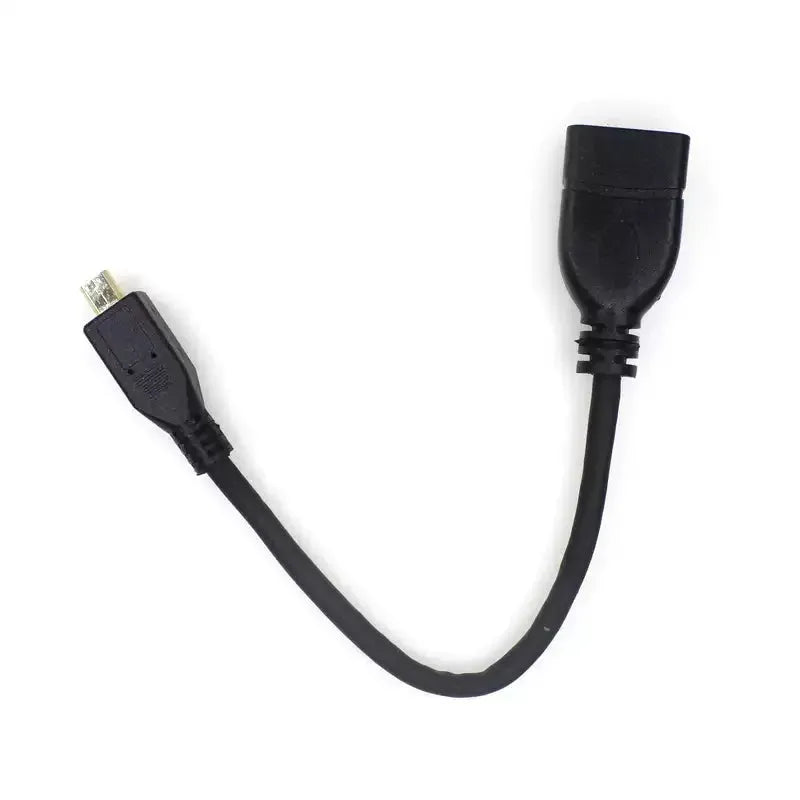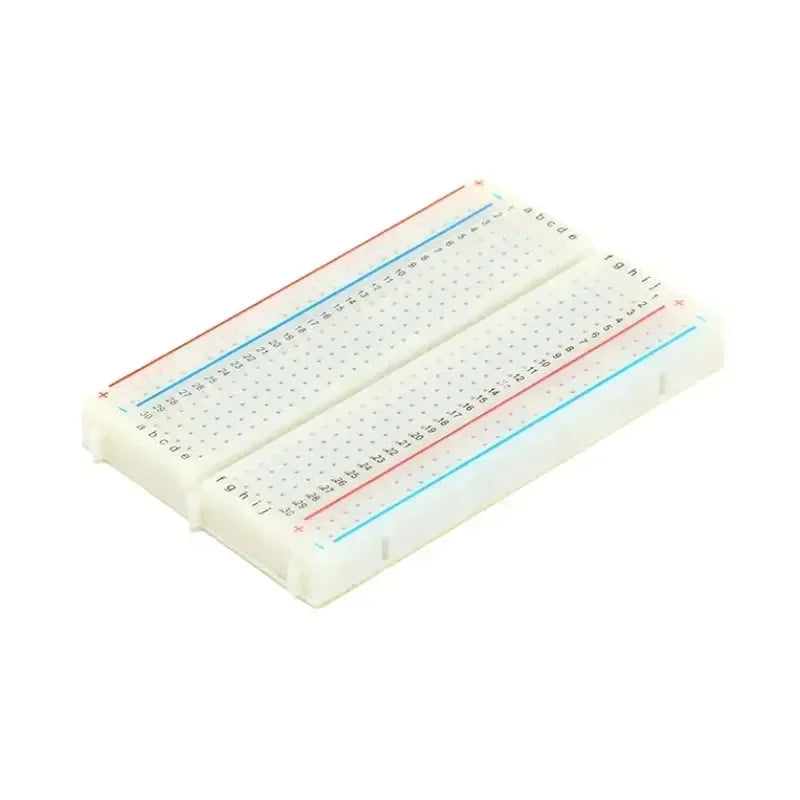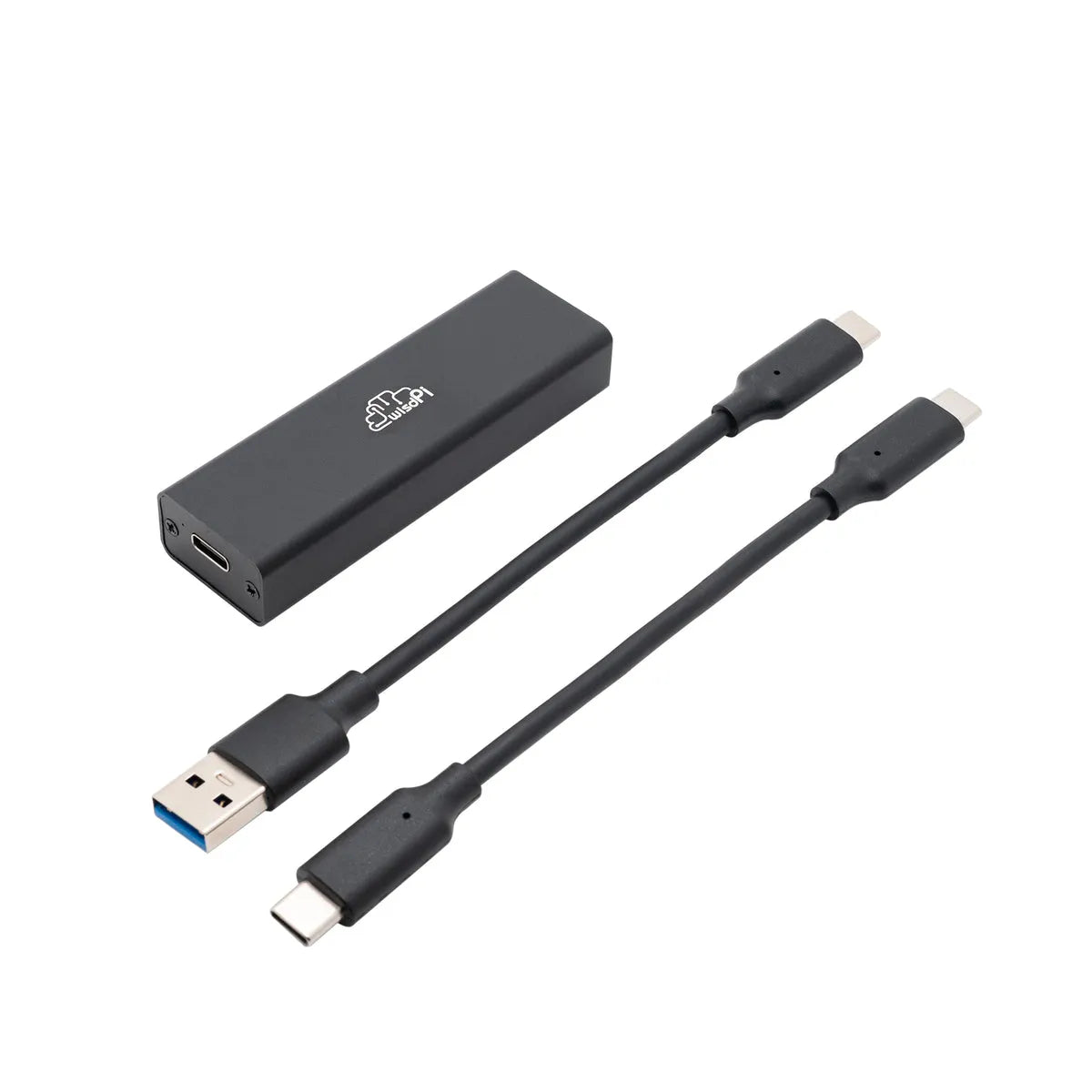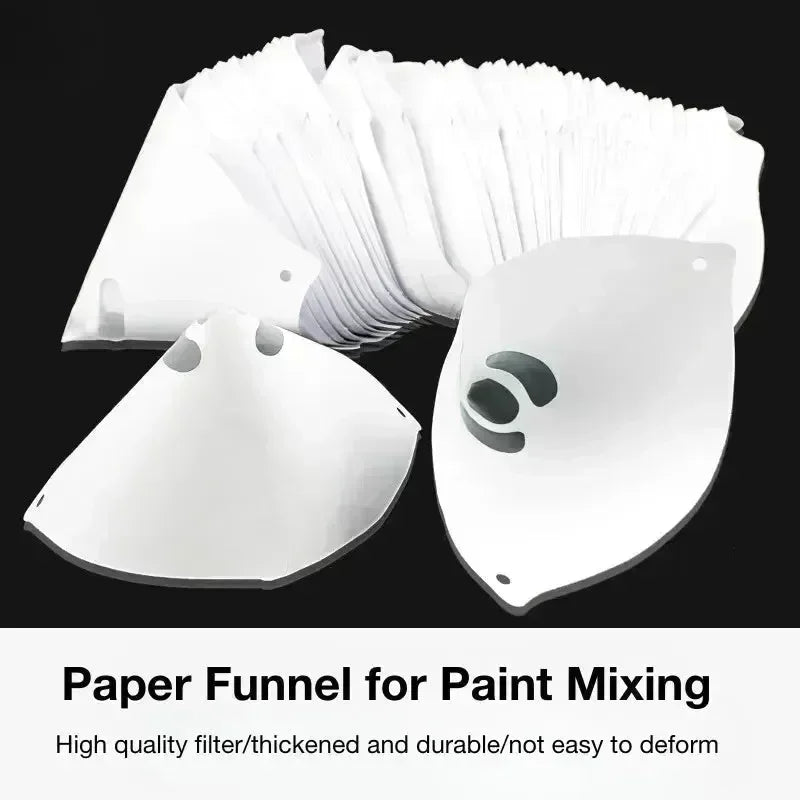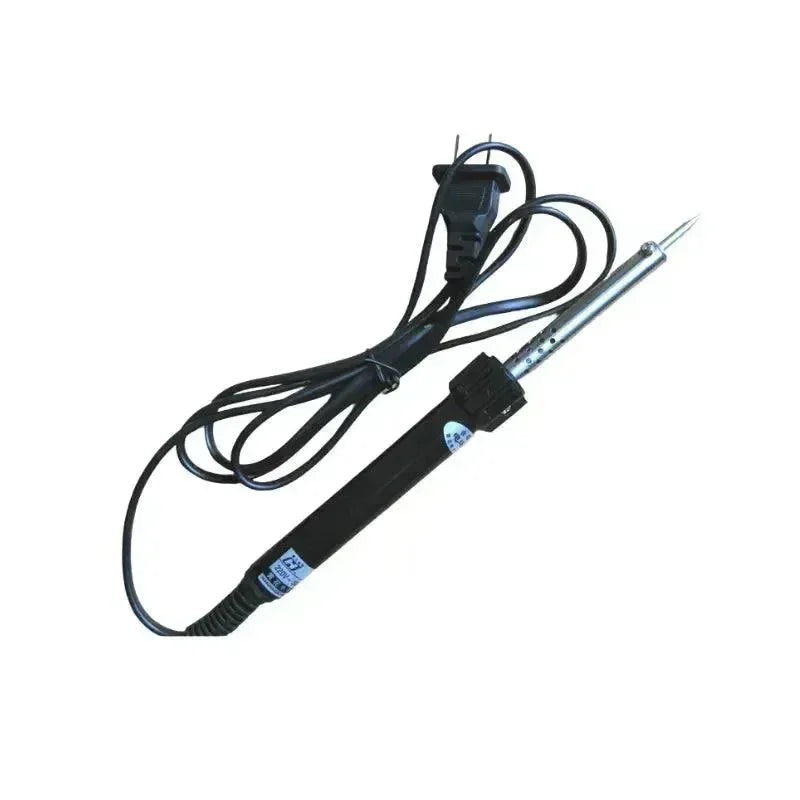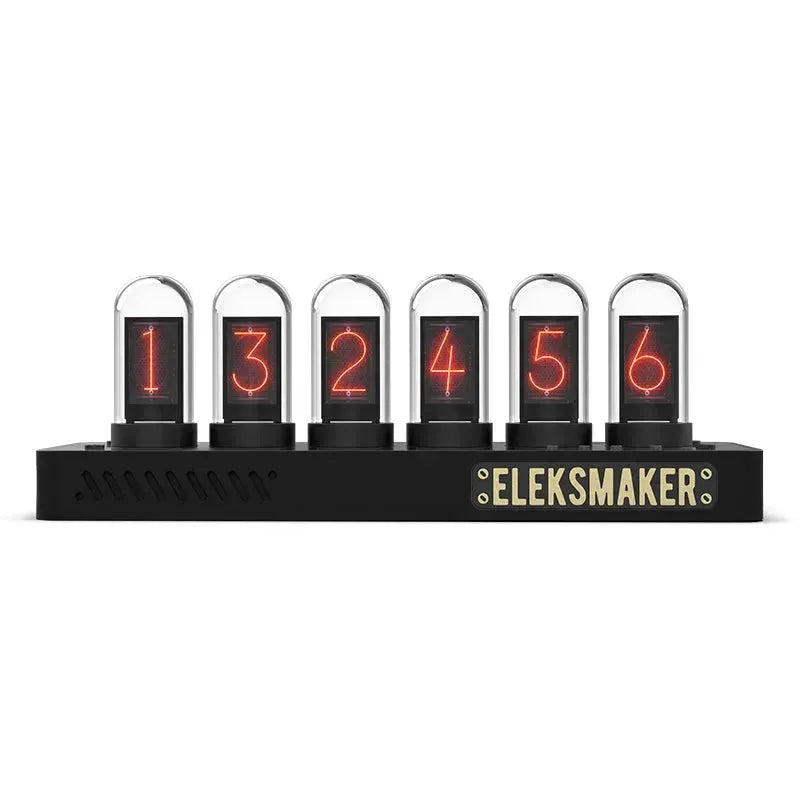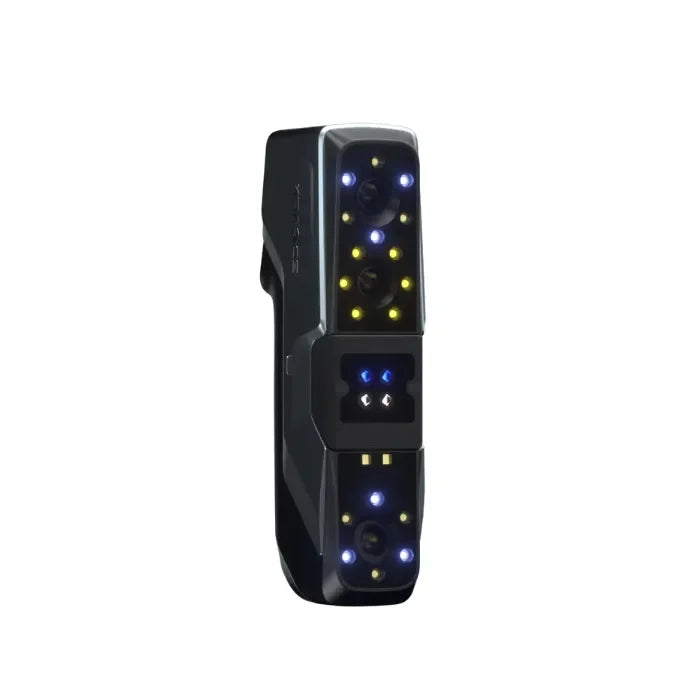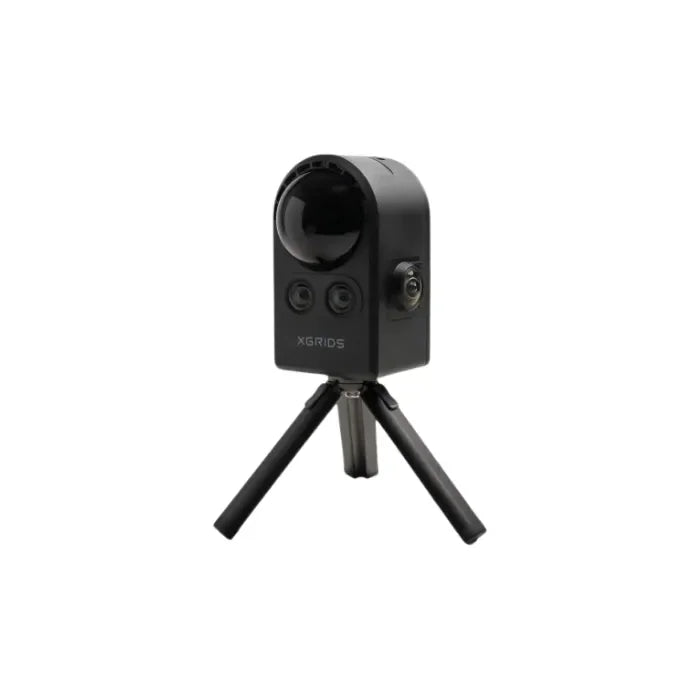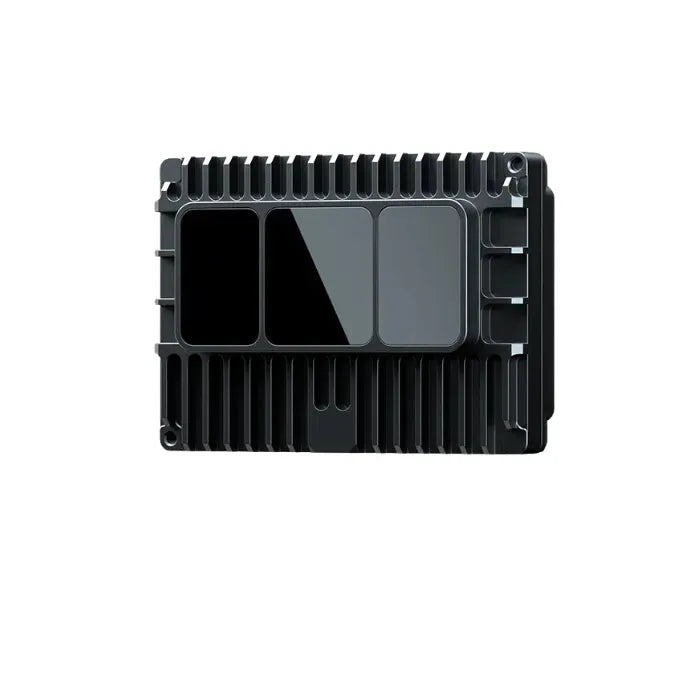EEZ Studio is a powerful, open-source software platform designed to simplify the development, control, and management of modular test and measurement devices. Whether you are working with lab equipment, automation tools, or custom electronics, EEZ Studio provides the necessary features to create, control, and automate workflows with ease.
What is EEZ Studio?
Key Feature
1. Cross-Platform Support
EEZ Studio supports multiple operating systems, including Windows, macOS, and Linux. This cross-platform capability enables developers to work in different environments and seamlessly migrate projects between platforms.

2. Low-Code Development
3. LVGL Support
4. Extensive Component Library
EEZ Studio offers a comprehensive library of UI components, including buttons, labels, images, and input fields. Users can freely customize and combine these components to fit their needs. The components are not only visually appealing but also highly functional, meeting the requirements of most applications.

Getting Started with EEZ Studio
To start using EEZ Studio, follow these steps:
1. Download the Software
Visit the EEZ Studio GitHub page and download the latest release for your platform.
2. Install and Configure
Follow the installation instructions based on your operating system. Once installed, you can connect devices and start building automation workflows.
3. Explore the Documentation
The GitHub repository offers detailed documentation to guide you through the process of device integration, visual programming, and module creation.
Applications of EEZ Studio
1. Laboratory Automation
Control and monitor multiple lab instruments, automate tests, and manage complex measurement processes with EEZ Studio’s modular tools.
2. Electronics Testing
Automate voltage, current, or signal measurements and integrate test equipment such as oscilloscopes and power supplies.
3. IoT Device Development
EEZ Studio’s support for serial protocols like UART and Modbus makes it a perfect fit for testing and validating IoT devices.
4. Industrial Automation
Develop automation workflows to control machines and sensors in industrial environments using SCPI and Modbus-compatible devices.
 openelab.de
openelab.de
 openelab.com
openelab.com



